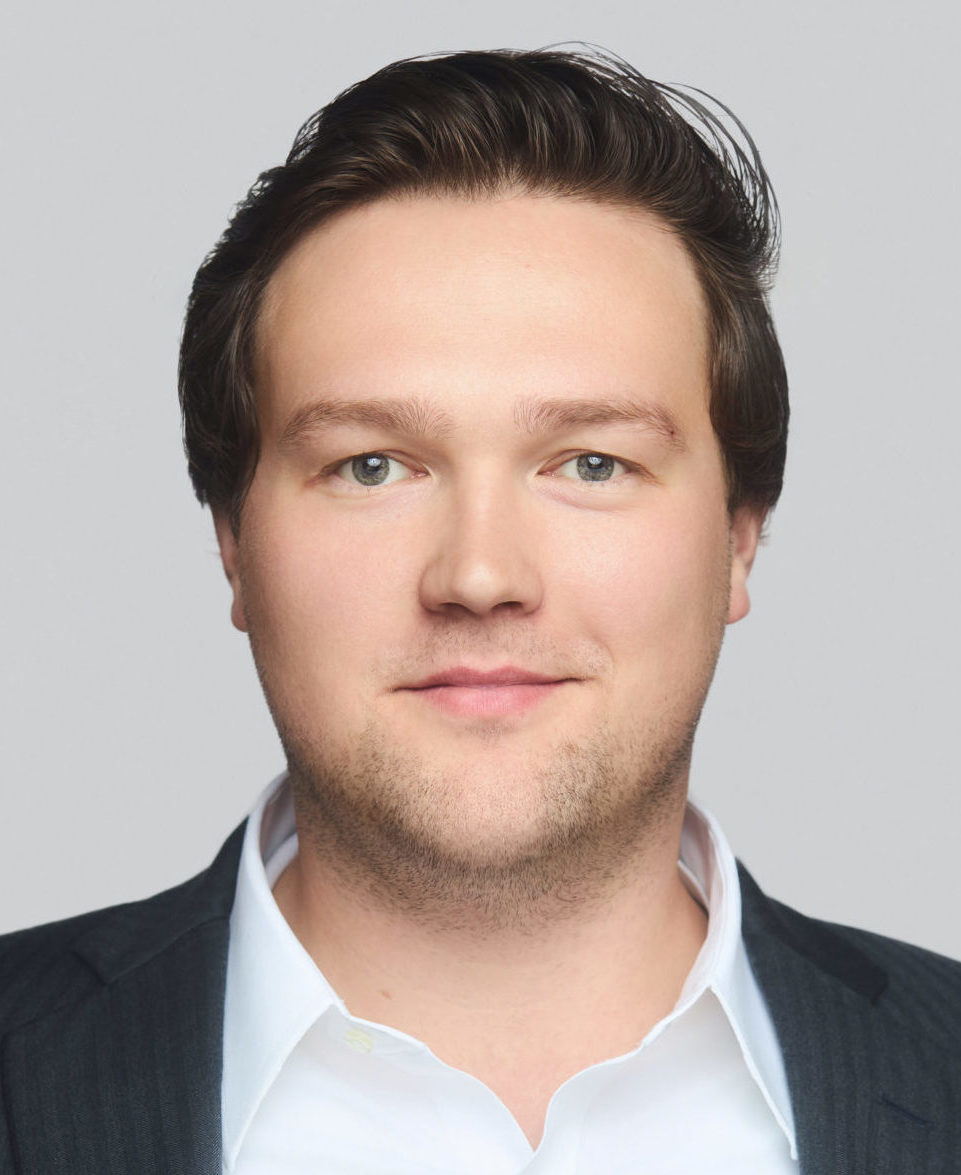
Between late 2023 and early this year, I simultaneously juggled two roles: Managing Editor of Minding the Campus and Research Fellow at Speech First. Not to toot my own horn, but concurrently performing what were essentially two independent, full-time jobs was an experience easily characterized by insane intensity. Keeping publication editorial deadlines on track while also sifting through and examining countless FOIA public records for the Speech First project meant curtailing my sleeping hours—a sacrifice that, nonetheless, proved rewarding.
Among the more gratifying rewards—that probably deserved more frequent mention—derived from publishing the report, No Graduation Without Indoctrination: The DEI Course Mandate. My team found that 67 percent of the 248 colleges and universities surveyed required “diversity, equity, and inclusion” (DEI) courses as part of their general education requirements. One prominently asinine subject of our report was Pomona College; it offered a course on Queering Childhood, which, as the college unabashedly describes, explores reproductive heteronormativity, able-bodied norms, and other topics through the lens of prominent queer theorists. The bottom-line impression students were presumably meant to take away from this course is that children are inherently queer—which is beyond stupid.
Having wrapped up that report, my attention turned toward medical schools, culminating in the publication of Critical Condition: How Medical Schools are Forcing DEI Orthodoxy on Future Physicians. The theme is well worth revisiting, given that Minding the Campus has been following the DEI-ification of medical education more attentively of late.
Hannah Hutchins, who writes for Minding the Campus and who assists with editing, has raised legitimately serious questions about the visibly diminishing quality of medical education—prompted by cases such as a physician who essentially butchered a patient on a surgery table—and she has also reported on developments stirring in faith-based medical education circles. More recently, Alyza Harris, one of our interns who had worked with me at Speech First, noted that Robert Kennedy Jr. is pressuring medical schools to adopt nutrition courses or risk losing federal funding. Claire Harrington, another active intern, has identified schools that are implementing “weight inclusivity” initiatives—a topic that blossomed into a full chapter in the Critical Condition report. Weight inclusivity, as I discuss in the interview transcribed below, involves co-opting obesity into an oppression hierarchy, training medical students to handle the condition with inordinate sensitivity and, in some cases, suggesting patients can be declared healthy at literally any body size.
And it’s not only Minding the Campus reporting on medical schools; The Spectator World reported in July that America’s top medical schools are still hiring by race. Additionally, the American Spectator reported that the University of Wisconsin School of Medicine and Public Health is using race as a primary factor in admissions—prioritizing diversity over academic merit, even after the Supreme Court made clear that factoring racial preferences in admissions decisions is patently unconstitutional and illegal.
Indeed, the topical focus on DEI in medical schools is especially timely, despite some indication that institutions have publicly scaled back or—more often—have camouflaged their DEI initiatives. So I was pleasantly surprised to come across a radio interview I did in April discussing the Critical Condition report. Frankly, I thought I had flubbed a few points at some of my network appearances—“oh man, I should have said this, phrased that differently, or included this example”—but appearing on the Shilling Show, I think I nailed down a decent snapshot of where medical education stands vis-à-vis DEI culture. It’s fair to say that the snapshot remains a dismally accurate portrayal of the current DEI-infused state of affairs in medical education. In concluding the piece, I advocate for a path to reform that necessitates enshrining Trump’s anti-DEI orders into law.
Here’s that conversation, edited for clarity and stripped of all the ums and ahs:
Rob Schilling: Jared Gould, thanks for joining us today on the Schilling Show.
Jared Gould: Thank you for having me.
Schilling: Hey, would you tell us about Speech First, please?
Gould: Speech First is a non-profit based out of D.C., and we sue colleges and universities that violate the free speech rights of their students and faculty.
Schilling: We should talk about this report. You put it out recently. What was the purpose of the report, and what prompted it?
Gould: Tons of things prompted it. There were a variety of reports about medical schools indoctrinating students with DEI ideology. What Speech First wanted to find out was how pervasive this issue was. So we conducted a large-scale review of all the top public medical schools in the country, looking at the public records we obtained through FOIA requests.
What we found is that it’s extremely pervasive. Students going through medical school are being coerced into adopting “diversity, equity, and inclusion” ideology. And it’s not just about being culturally competent; it’s reinforcing leftist views on race, gender, and weight. They’re being trained to see themselves not just as healthcare providers, but as agents of social change.
Schilling: You know, I’m thinking as we talk about a recent conversation I had with a local doctor who’s been in practice for a long time. His son applied to about 30 medical schools and got accepted into only one, and he’s an exceptional student. But he happens to be white and male, and when he got into the class, which happened to be the school his father attended—that was probably the only reason he got accepted—out of 32 people accepted into that class, he was the only straight white male. It seems to me something is amiss even in the selection process, so they probably have less trouble with indoctrination later because they’re self-selecting on the front end. Have you heard anything about that?
Gould: Absolutely. Self-selection on the front end is one of the practices these universities use. One of the ways they implement this is through what they call DEI statements—or, as some schools put it, diversity and belonging statements or diversity and equity statements. These are effectively political litmus tests. They gauge whether students—and not just students, but faculty applying for positions—are willing to declare their commitment to things like anti-racism and other leftist ideologies as a prerequisite for admission or employment.
Schilling: So let’s talk about anti-racism. People hear the term and think, “Oh, you’re just against racism. Well, everyone should be on board with that.” But it has a very specific meaning and practice. What is that?
Gould: Right. Ostensibly, anti-racism seems like a good practice. But in reality, it pits races against one another under false pretenses. For example, at the University of Missouri, applicants have to submit diversity statements explaining how they’ll use medicine to provide better care to black patients than to white patients. At UConn’s medical school, students must take an implicit bias and microaggression course. In that course, students are taught that white privilege is a driving force in health inequities, and they use tools like the Wheel of Power and Privilege to present white men as society’s dominant oppressors.
Schilling: How did this happen, Jared, in the medical community—medical schools, which for many decades were considered a rather conservative discipline? When did the switch take place, and how?
Gould: The school systems in America have really been a target of the left since the 1960s. What we’ve seen over time is the matriculation of radicalized faculty and administrators who have spread their ideological wings across education. This isn’t just happening in four-year institutions anymore; it’s not limited to bachelor’s programs or even K–12. It has now extended into professional schools.
The reason it’s so pervasive is that it’s heavily coerced onto faculty. Medical schools have several methods to enforce this: DEI statements, modified Hippocratic oaths, curriculum integration, and harassment policies. All of these elements are baked into the institutional atmosphere, effectively pressuring people who enter these schools to adopt the ideology. The hope is that by the time students graduate, they will have retained this mindset and carry it into their professional practice.
Schilling: There’s also something in your report I hadn’t heard the term before—but I’m certainly aware of the phenomenon—called weight inclusivity. That strikes me as absolutely preposterous and, frankly, a dangerous lie. Could you explain what that is?
Gould: Yeah, this was one of the things that really struck me while writing the report. The left has co-opted obesity into its oppression hierarchy, effectively framing obesity not as a consequence of personal decisions or eating habits, but as a marker of oppression. As a result, medical students at these institutions are being taught to treat obese patients with extreme sensitivity.
For example, at the University of Texas at Austin, medical students are told that efforts at weight loss “create a culture of shame,” and they are trained to use terms like “people with larger bodies” instead of “obese.” It really comes down to whether doctors are going to fear being labeled fatphobic if they comment on the health consequences of obesity. According to this ideology, even acknowledging a link between obesity and health is considered discriminatory.
Schilling: So, in our remaining minute or so, Jared, what steps need to be taken to reverse all of this? This appears to be very serious and could have major implications.
Gould: First, students and faculty need to be fully aware of their free speech rights. Organizations like ours provide guidance on what those rights entail. But since we have the Trump administration for the next three years, it’s critical to work toward codifying all the executive orders he’s issuing against DEI into law. Universities often see themselves as their own agents, above the law—especially above Trump’s orders. Codifying these measures into law is the next best step to ensure medical schools return to rigorous science and stop enforcing this ideological agenda.
Schilling: We’re just about out of time. If people want to read the report or learn more about Speech First, how can they do that?
Gould: They can go to SpeechFirst.org; the report is featured at the top of the page.
Schilling: You’re doing terrific work, Jared. This is so important. Thanks for joining us today on the Shilling Show.
Gould: Thank you so much for having me.
You can listen to the whole show here; my segment begins at 48 minutes and 41 seconds.
Follow Jared Gould on X.
Image: “Harvard Medical School classroom” by Protocol Snow on Flickr
